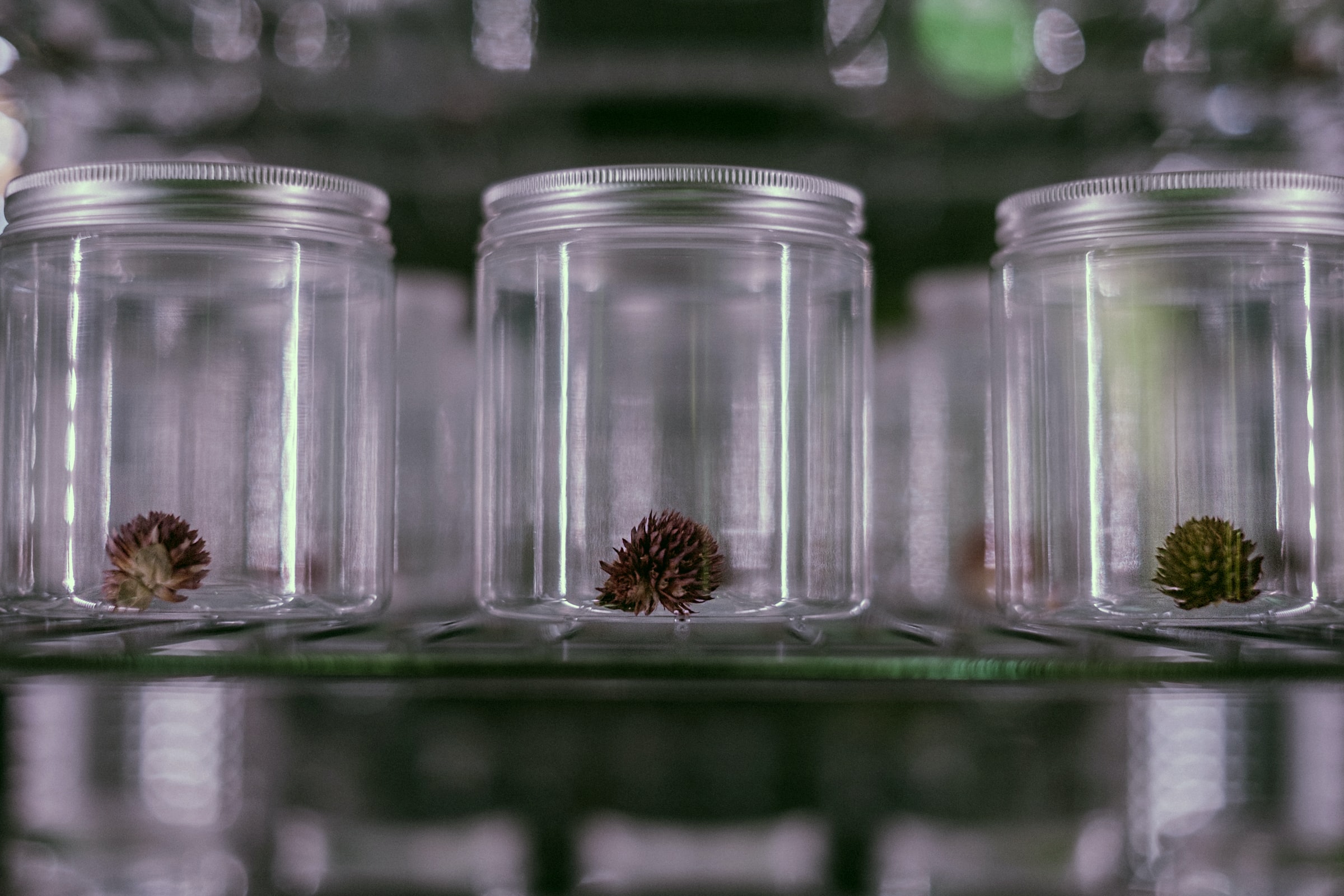
Is Coffee Good for Your Brain?
Coffee is one of the most widely consumed beverages on the planet. The strong caffeine level of the morning beverage (or, for others, afternoon pick-me-up) perks up even the most sleepy eyelids.
Because of its widespread use, various studies have looked at the effects of coffee on your health, both in the short and long term.

Moderate coffee drinking, it turns out, is linked to a variety of health benefits, including a lower risk of prediabetes and liver disease.
Caffeine‘s effect on the brain has also been studied, and the results so far appear to be positive in terms of your cognitive health.
Coffee’s active components
Hundreds of bioactive chemicals are found in coffee, contributing to its potential health advantages.
Many of these substances are antioxidants, which protect your cells from the damage caused by dangerous free radicals.
Here are the essential active components in coffee:
Caffeine, coffee’s principal active component, activates the central nervous system.
Chlorogenic acids are a type of chlorogenic acid. Some biological pathways, such as blood-sugar metabolism and excessive blood pressure, may benefit from polyphenol antioxidants.
Cafestol and kahweol are two types of kahweol. These chemicals, which are present in coffee’s natural oil, are abundant in unfiltered coffee.
Trigonelline. During roasting, this alkaloid molecule is unstable at high temperatures and generates nicotinic acid, better known as niacin (vitamin B3).
The quantity of these compounds in a cup of coffee, on the other hand, can vary.
What effect does coffee have on the brain?
Caffeine has numerous effects on the central nervous system (CNS). Caffeine’s interaction with adenosine receptors is the main cause of the effects.
Adenosine is a sleep-promoting chemical in the brain. Adenosine can bind to certain receptors on neurons in your brain. It decreases the tendency of neurons to activate when it binds to certain receptors. The activity of the neurons is slowed as a result of this.
When it’s time to sleep, adenosine builds up during the day and eventually makes you tired.
Caffeine and adenosine have very similar chemical structures. Caffeine competes with adenosine for the same receptors present in the brain.
Caffeine, unlike adenosine, does not slow the firing of your neurons. Rather, it stops adenosine from shutting down brain activity.
Caffeine stimulates the central nervous system, making you feel alert.
Caffeine’s ability to improve brain function
Caffeine can cause an increase in entropy in the brain’s resting state. Entropy in the brain is important for brain function, and high levels indicate superior processing ability. A rise in resting brain entropy indicates that the brain can process more information.
Caffeine also activates the central nervous system by boosting the release of other neurotransmitters such as noradrenaline, dopamine, and serotonin.
Caffeine may help with a variety of cognitive functions, including:
mood
reaction time
vigilance
attention
learning
general mental function
However, over time, you may become tolerant to caffeine. To achieve the same effects, you will have to drink more coffee than before.

However, keep in mind that more isn’t always better.
To avoid possibly harmful or unpleasant side effects, the Food and Drug Administration (FDA) recommends that healthy persons eat only 4 to 5 cups (400 milligrams) each day.
If you’re attempting to get pregnant or are already breastfeeding, caffeine-sensitive, using drugs, or have an underlying disease, you should consult a healthcare expert.
You and your partner can decide on the amount of caffeine right for you.
Memory and caffeine
Caffeine and coffee may affect memory, but the evidence is conflicting, and more research is needed.
According to certain research, caffeine may have a significant favorable effect on both short-term and long-term memory.
Other studies have indicated that caffeine has no effect on memory or impairs memory performance.
One study found that participants who took a caffeine tablet after studying a sequence of photos were better at recognizing them 24 hours later.
Compared to the placebo group, caffeine appeared to make these memories more resistant to forgetting.
Coffee can be beneficial to your brain when drank in moderation.
It may increase mood, vigilance, learning, and reaction time in the short term. Long-term use may help to prevent diseases like Alzheimer’s and Parkinson’s.
Even though many of these studies are observational, they can’t prove cause and effect; they strongly imply that coffee is beneficial to your brain.
If drunk in excess, caffeine can produce anxiety, nervousness, heart palpitations, and sleep issues. Moderation, on the other hand, is essential. Let us know in the comments how much coffee do you drink?
You May Also Like

Discovering the 5 Secrets of Nature’s Wonders
2023-06-29
What Is the Mpemba Effect? (Part One)
2022-06-08


